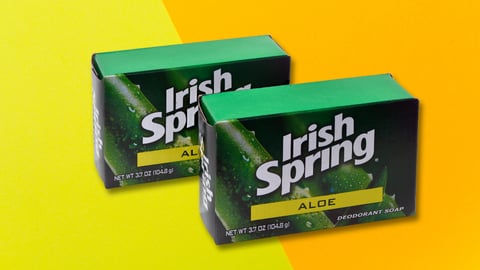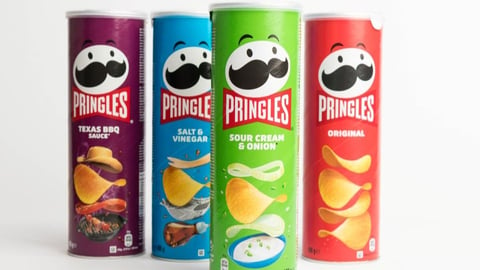Church & Dwight Pushes Forward On ‘Fit-for-Channel’ Retail Strategy
It’s not enough to make products easily accessible across all retail channels; the channel itself should also play a role in their development.
That’s the next step for 178-year-old Church & Dwight, which has steadily progressed on evolving digital from a capability builder to a business and growth driver.
Now, the CPG will focus more on efficiency and profitability “to make fit-for-channel kind of products that make sense for us in the online world,” said Surabhi Pokhriyal, chief digital growth officer, during their annual Analyst Day presentations last week.
“We are not in the business of getting consumers to shop online. We are simply in the business of being where the consumer shops, and that happens to be online more often than not,” she noted. “With that said, 70% of purchases in the U.S. specifically are digitally influenced.”
Twenty percent of Church & Dwight’s consumer sales came from online purchases in 2023, up from 16% in 2022. Whereas brick-and-mortar was previously the go-to-market entry point, they’ve pivoted some products to online debuts in order to collect initial category and consumer insights, conduct audience testing on social platforms, and A/B test product details pages.
Pokhriyal cited an example of Arm & Hammer Sheets, where they learned online consumers sought both brand trust and sustainability messaging — insights that they then took back to physical retail vs. the other way around.
They’ve developed new metrics with the goal of attaining online share equal or higher than brick-and-mortar, including both pure-play like Amazon and Chewy and retail dot-coms like Walmart.com. The company is also narrowing its focus from 14 power brands to the seven that account for 70% of revenue and profit: Arm & Hammer, Oxyclean, Therabreath, Vitafusion, Hero, Waterpik, and Batiste.
Like many consumer goods companies, Church & Dwight is exploring use of artificial intelligence with its business. As it focuses more on producing platform-authentic content, use of AI has reduced creative development down to five hours from the previous five to six days, said Pokhriyal.
“But as we get the consumer from inspiration to purchase, we have to make sure we have one click-to-cart,” she noted, “because we know every time the consumer has to click more times, we lose 90% of that traffic. So from inspiration to purchase, it has to be a single click, and that's what drives a lot of our online revenue.”






